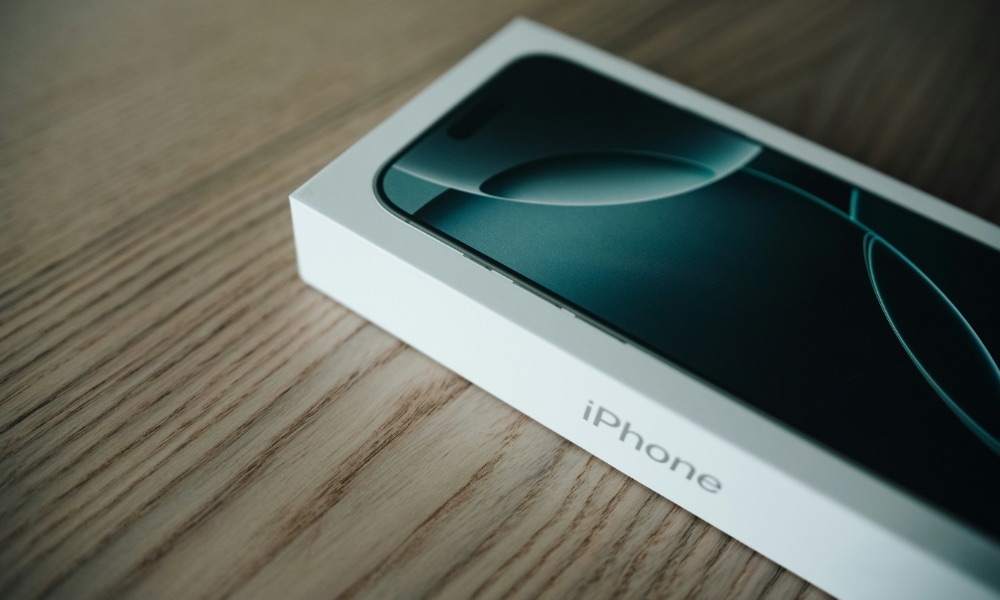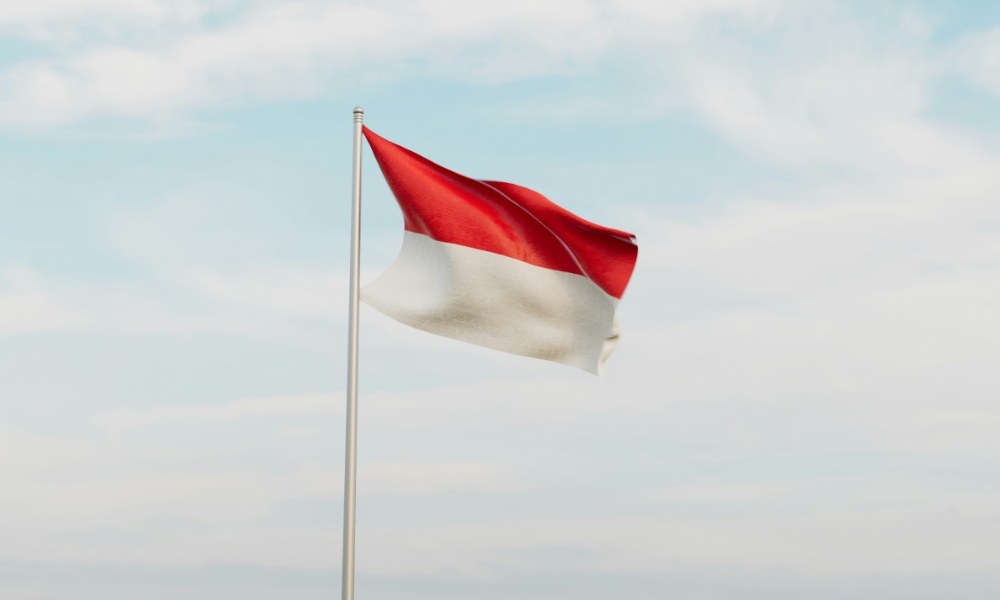When $1 Billion Still Won’t Cut It: Indonesia Refuses to Lift iPhone 16 Ban
 Credit: Semeon Hrozian
Credit: Semeon Hrozian
Toggle Dark Mode
Apple’s attempts to convince the Indonesian government to lift a ban on iPhone 16 sales are still hitting a brick wall — even after the company promised to make a $1 billion investment in the country.
The iPhone sales ban in Indonesia stems from a policy that requires companies that sell products there to source 40% of their components from suppliers within the country’s borders. While Apple doesn’t seem to have run afoul of this policy in the past, it seems that the $10 million commitment it made to lift the ban in early November wasn’t going to cut it, even though that was reportedly all that Apple was technically short by. Apple upped its bid to $100 million but was quickly told by officials it would have to dig deeper.
In December, Apple raised the bar again, committing to $1 billion worth of investments in the country. This proposal included not only expanding the number of developer academies there, but also building a new research and development facility, a manufacturing plant for ear cup mesh components for the AirPods Max, and a plant on the isalnd of Batam to manufacture AirTags.
Sadly, it seems that’s still not enough to satisfy the Indonesian government, which has rejected Apple’s bid because it wants more manufacturing, not just more training facilities — and it wants that manufacturing to be specific to the iPhone. In the past, Apple had met Indonesia’s investment requirements by building three developer academies in Jakarta, Surabaya, and Batam. The company proposed a second in Jakarta and a new one in Bali.
Despite Indonesia’s President Prabowo Subianto’s endorsement of the proposal, it seems that Indonesian officials have decided that AirTags and AirPods don’t count because they’re not iPhones.
According to Reuters, manufacturing AirTags and AirPods Max in the country may be fine for allowing Apple to sell those devices within Indonesia, but they don’t count toward the iPhone.
There is no basis for the ministry to issue a local content certification as a way for Apple to have the permission to sell iPhone 16 because (the facility) has no direct relations
Indonesian Industry Minister Agus Gumiwang Kartasasmita
Put simply, AirTags don’t count “as a locally made iPhone part,” so the ban will remain until Apple starts producing iPhone components in Indonesia.
Indonesia’s industry minister has previously criticized Apple’s proposals for being unfair when measured against the large profits it makes from selling its products in the country. Now, it seems that it’s not just about the money — Indonesian officials want there to be a direct relationship between the parts and products manufactured and the items that companies are permitted to sell.

With 278 million people and 354 million active mobile phones in the country, Indonesia isn’t a market that Apple can afford to skip — especially since the majority of those folks use Android phones and therefore represent an untapped market for iPhone sales. The top three smartphone makers in Indonesia are China’s Oppo, Miami, and Transsion. Samsung comes in fourth, while Apple doesn’t even break into the top five.
To add insult to injury — and likely put more pressure on Apple — Indonesia has also just welcomed Huawei to the country, which will begin selling smartphones under the Honor brand, according to a CNBC report.
Despite Indonesia’s refusal to lift the ban, officials have announced that Apple will still be proceeding with its AirTags plant next year. Now that Apple has committed to that, it’s not in a position to back down; it will simply have to invest even more to meet the Indonesian government’s demands. How much more remains an open question, but we wouldn’t be surprised to see another billion or two on the table before this is over.







